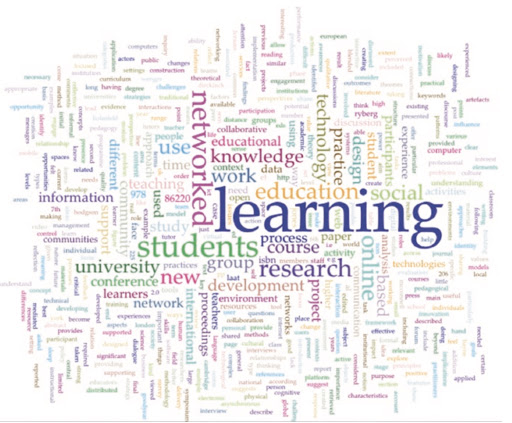
I am a professor, teaching in a vet school in Turkey (Erciyes University). It has been about 20 years since I started teaching animal nutrition classes. After all these years, I thought I should justify my classical teaching techniques and the meet the needs of students in learning process through 21th century. Changing became my key word for a better teaching-learning journey. Then, I decided to take the course Open Networked Learning (ONL201). I believe it is the right one for me.
The course ONL201 has a philosophy of “a course, a community, an approach” which I did not think about at first. It is a course for sure but what about its approach? As we go through the course I release the meaning of “approach”. To me, it means widening the thinking of teaching using various technics for today’s methods which make not only the learning but also teaching easier. The term “a community” does not make sense for now. But, I am sure it will be a nice surprise soon for all of us.
Problem-Based Learning (PBL) method was the exact the way of thinking of the cases (scenarios) similar to the same problems (concerns) we might face when we offer an online course. It is precisely the real world cases for educators and learners as well. However, I found the FISh model for individual, pair and PBL group inquiry not really useful because when we discuss about the scenario within the group, the ideas come to minds by themselves. This may also be due to the fact that we got used to it after the first topic. In Topic 2 we did not use the FISh model as much as we did for Topic 1, I believe.
Learning how to use of teaching tools of today is a big advantage for me since I have never used Zoom, WorldPress blog, Coggle, infographic, and so on before. The ONL201 gave me a chance to learn these techniques although they might be considered ordinary tools for other participants.
References
Fraser, Sharon and Deane, Elizabeth. Why open learning? [online]. Australian Universities’ Review, The, Vol. 40, No. 1, 1997: 25-31.
Ragupathi, K. (2020). Being open: drawing parallels with the Coffee House model.